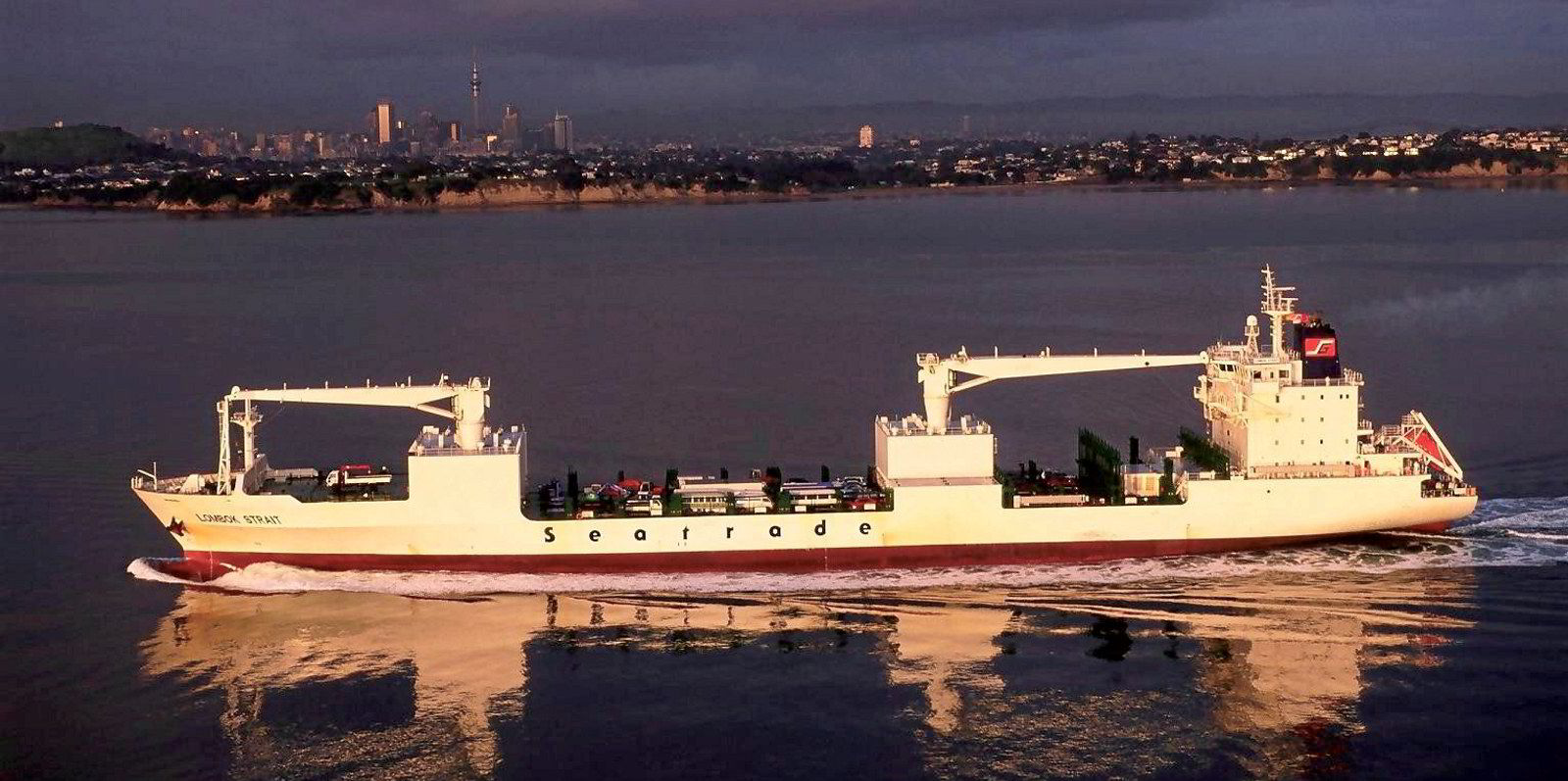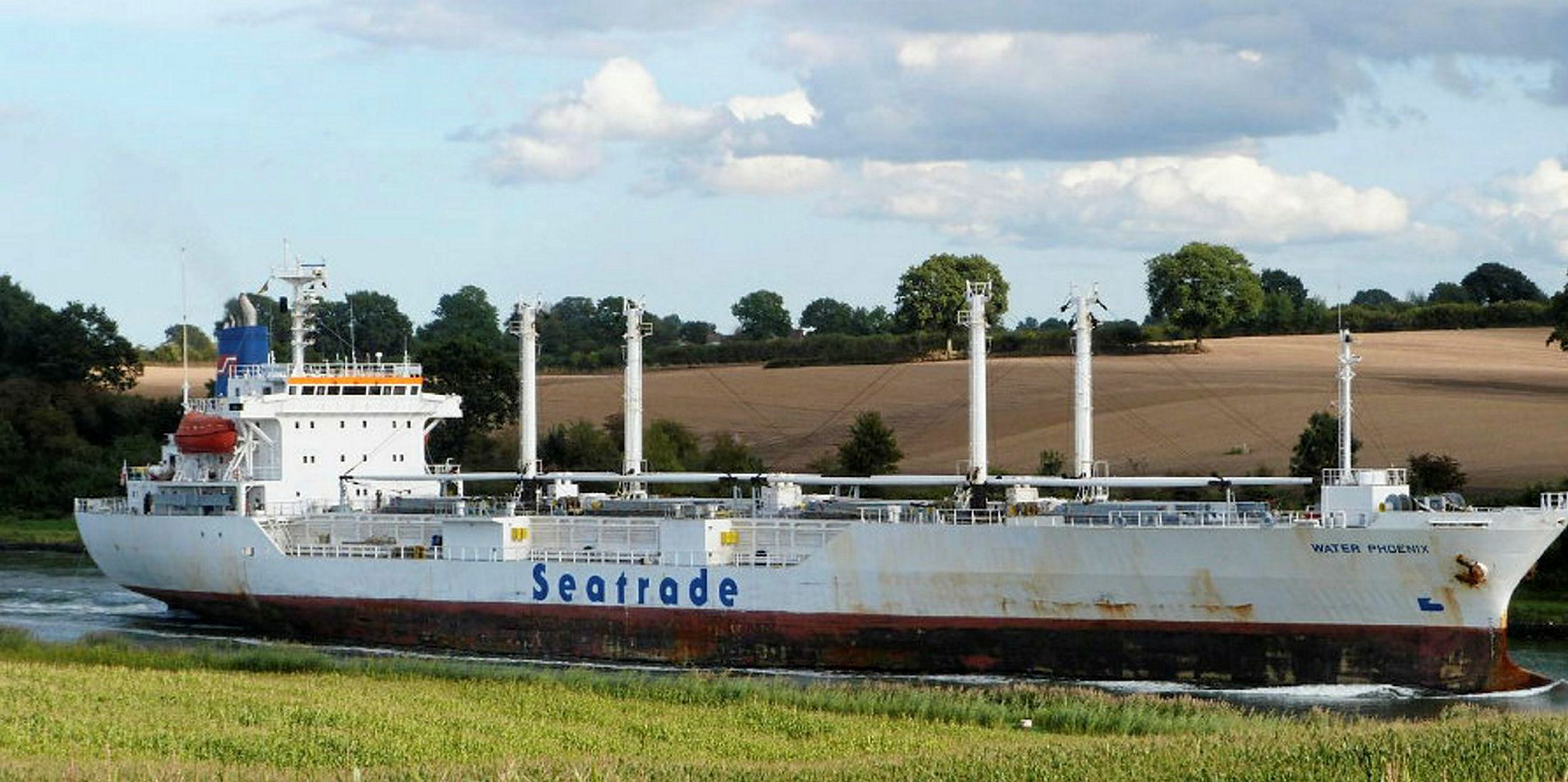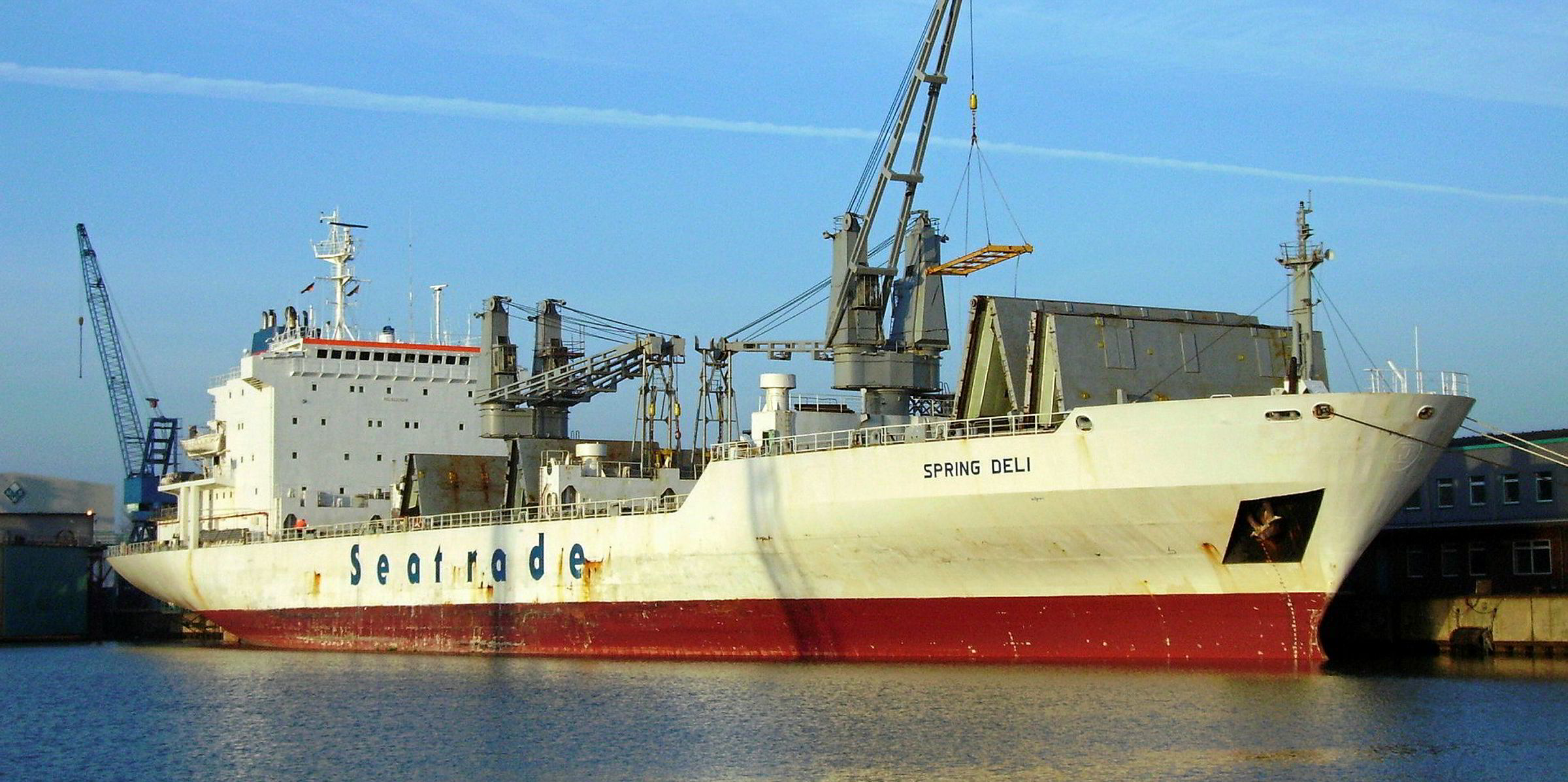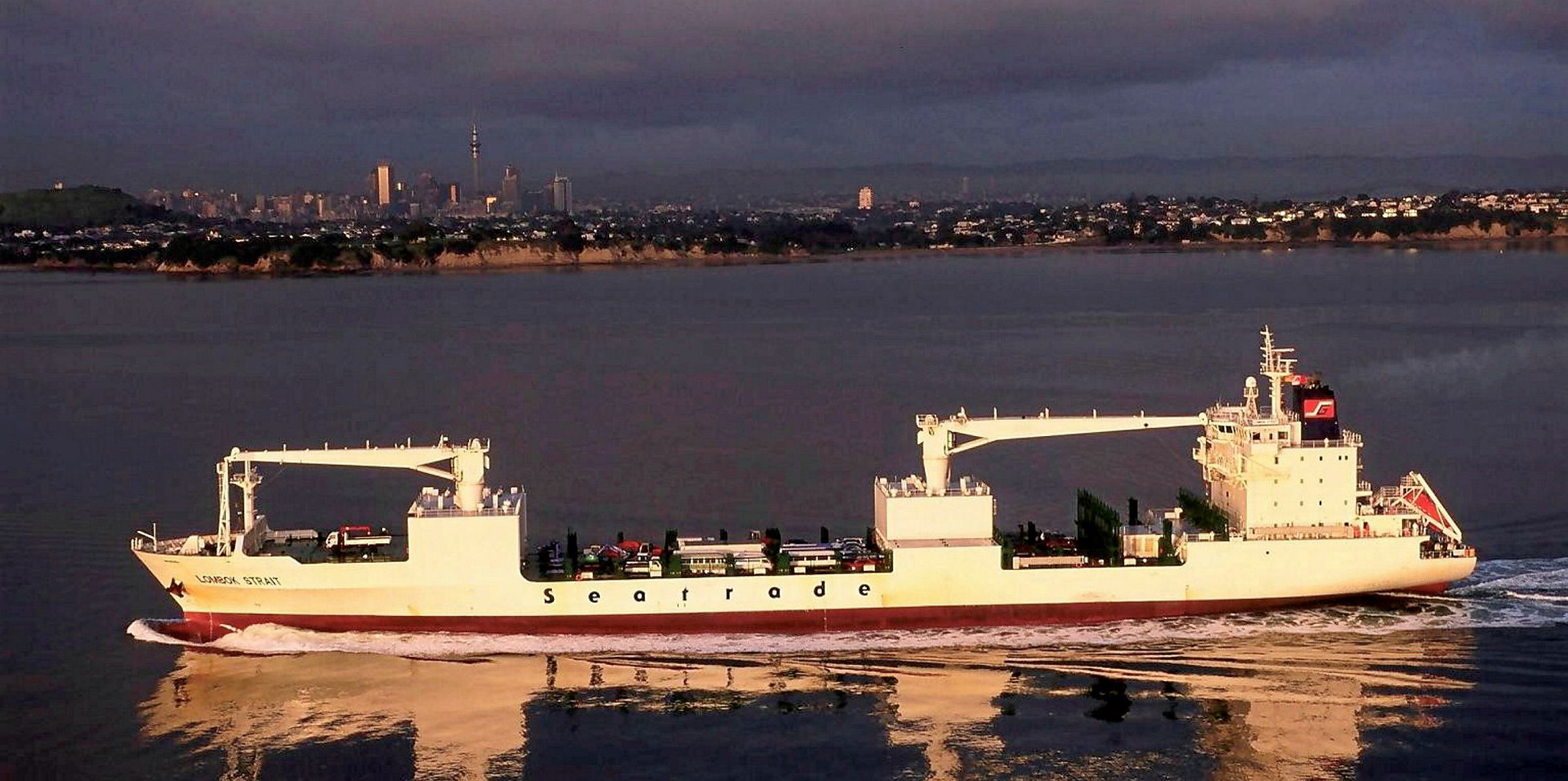UK-to-Caribbean liner operator Geest Line has been bought by a joint venture led by reefer specialist Seatrade Group.
The UK-based company has agreed to be purchased by an outfit formed by Seatrade, together with food and logistics company Jamaica Producers Group (JP).
Geest Line said it will continue to operate independently after the deal, while “looking for further opportunities to extend its trade”.
The company described the transaction as “a positive development, as both JP and Seatrade have strong track records in the trade and the regions served by the company and know the trade well”.
Geest Line has operated in the trades between Europe and the Caribbean and Latin America since the 1950s.
It also operates breakbulk and containerised cargo on the westbound trade from Portsmouth in southern England and Vlissingen in the Netherlands.
Well known partners
Geest Line and Seatrade are well known to each other.
The UK operator serves the transatlantic trade using five conventional reefer vessels with a container capacity of up to 503 teu that are chartered from and managed by Seatrade, according to Alphaliner.
Seatrade, which is managed from Antwerp in Belgium and Groningen in the Netherlands, is the world’s largest conventional reefer operator.
JP is headquartered in Kingston, Jamaica, and is a listed company with its own shipping operations, including Caribbean logistics services, port terminal operations, speciality food and drink production and agribusiness.
Seatrade president Yntze Buitenwerf and JP chief executive Jeffrey Hall said in a joint statement that they would work alongside Geest Line managing director Peter Dixon and his British-based team to “support Geest’s next stage of growth”.
Tough times
The deal comes after a difficult 12 months for the reefer trade.
A report by Dutch analyst Dynamar reflected on the upheaval caused by the coronavirus pandemic, which caused difficulties shipping fresh produce.
Lower warehouse productivity on the back of restrictions on working and and travel caused longer lead times for reefer business and a reorientation of ordering and inventory processes, it said.
Problems were made worse by a shortage of reefer container equipment and difficulties in repositioning refrigerated containers.
More recently, however, the shortage of containers and booming container market are believed to have stimulated demand for the conventional reefer trade.







